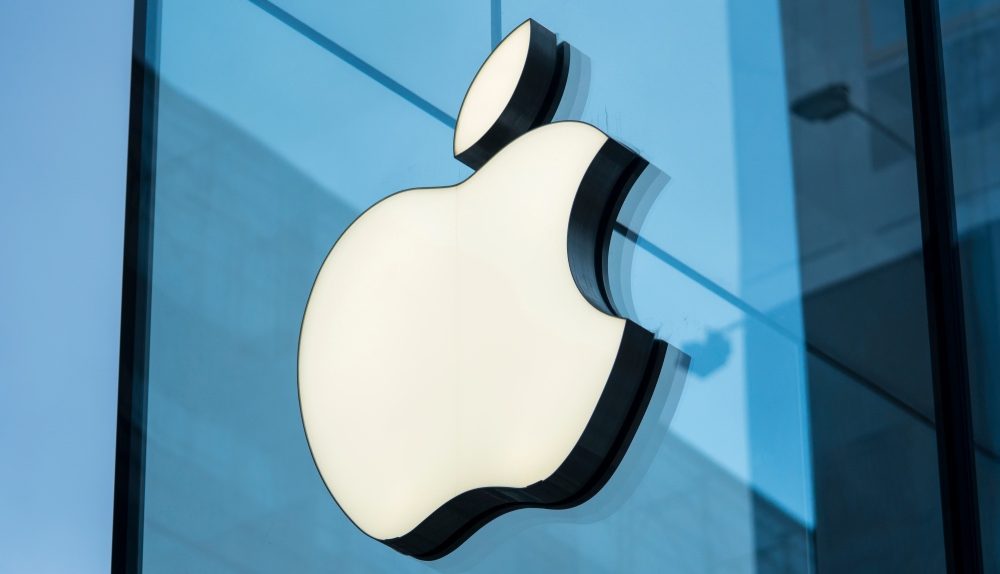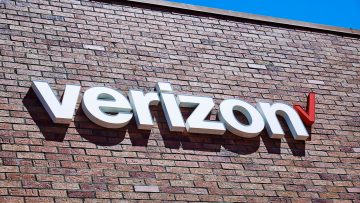A surprising detail that emerged during the FTC’s antitrust suit against Qualcomm is that Apple actually wanted to use Qualcomm chips across its 2018 iPhone lineup. Notably, Apple hasn’t utilized Qualcomm chips since the iPhone 7 and, as a result, it was widely assumed that Apple was flat-out refusing to work with the chipmaker. As it turns out, it was the other way around.
According to testimony from Apple COO Jeff Williams (via CNET), Apple wanted to use both Qualcomm and Intel modems in its iPhone XR, XS, and XS Max models. Qualcomm, however, balked and thus caused something of a mini-panic inside Apple.
“The strategy was to dual source in 2018 as well,” Williams said. Hardly a surprise, Apple has long shown an affinity for sourcing components from multiple suppliers. Not only does this help Apple secure favorable pricing, it also lessens the resulting impact from a given shortage or production issue.
“We were working toward doing that with Qualcomm,” Williams added, “but in the end they would not support us or sell us chips.”
And speaking to the high-level nature of the discussions, Williams said that he contacted Qualcomm CEO Steve Mollenkopf directly about securing a licensing agreement. When Mollenkopf refused to play ball, Williams had to contact Intel which “had to scramble” to meet Apple’s supply needs.
Interestingly, CNET points out that previous testimony from Qualcomm executives hinted that Apple was the reason why the two companies haven’t been able to secure a contract for next-gen iPhone models.
As to the core issue underlying Apple and Qualcomm’s dispute, Qualcomm’s royalty fee is based on the overall selling price of a given device. Apple believes this approach is unfair and that it should only have to pay a royalty for patents actually licensed. So whereas Qualcomm was demanding a $7.50 royalty payment for each iPhone sold, Apple believed the royalty payment should be more in the range of $1.50.
There’s a lot more about the behind-the-scenes negotiations between Apple and Qualcomm over at CNET that’s well worth checking out.








